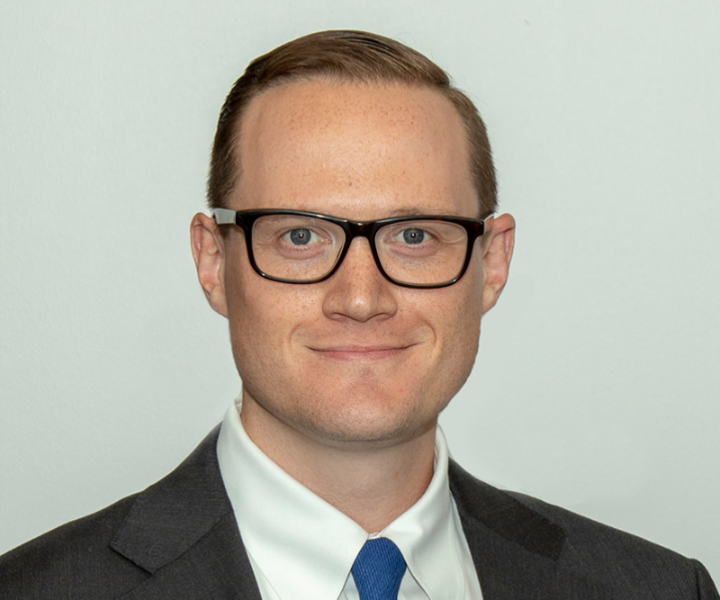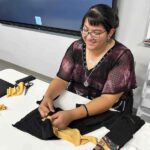An attorney who specializes in First Amendment litigation said mediation by a university’s public relations team can cause staff and student media censorship, but it may be necessary for the department to sit in during interviews depending on the sensitivity of the topic.
Greg Greubel is a staff attorney at the Philadelphia-based Foundation for Individual Rights and Education, a nonpartisan organization working to protect the rights of faculty and students across the U.S.
Greubel said requiring staffers to forward interview request from student media to Marcom can be discouraging to student journalists, and it also hampers the rights of university employees.
“It is a violation of the employee’s First Amendment rights to have this buffer between speaking to journalists and the university,” said Greubel, who spoke about student journalists rights at the virtual convention of the Society of Professional Journalists March 26 .
Greubel said employees are not legally obligated to speak to student journalists, but it’s necessary they do.
“Employees have the right to speak out on matters of public concern,” Greubel said. “They have the right to talk about it, and it’s actually very important that they do talk about it.”
Greubel said he believes employees should not go through Marcom before being interviewed by student media. He said it’s censorship on the employee’s end. As a result of that, it’s secondary censorship on student journalists, he said.
“Because they can’t speak to you, that means you can’t do your work,” Greubel said. “It’s a secondary effect… but does it cause censorship? I think so.”
Greubel also said having Marcom intervene is a common practice across the country, though it may be an obstacle for student journalists.
“If you direct all the communications through some university department, then they’re not going to be able to speak, maybe at all. If they do, it’s going to be a tarnished version,” Greubel said.
Going through department heads strains credibility from employees, he said.
Greubel said having to notify Marcom of an interview request puts the employee on notice that they’re being monitored, in some sense.
“If what these communications departments are trying to do is actually facilitate truth-telling through employees’ views, that’s one thing,” Greubel said. “But if what they’re trying to do is to act as a sort of buffer and require university employees to speak through the same voice, then it’s a problem.”
Veronica Valdes, The Mesquite’s spring editor-in-chief, said she once experienced Marcom sitting-in during an interview with Mari Fuentes-Martin, vice president of student success and engagement, last fall. Valdes was working on a story about events being rescheduled because of a COVID-19 spike on campus.
Valdes said she was surprised Jeanette De Diemar, vice president for advancement and external relations, attended the interview since she had called De Diemar for guidance on who to contact. De Diemar had said Fuentes-Martin would be the best source.
Valdes was told Fuentes-Martin was a university spokesperson, she said those people shouldn’t need to go through Marcom since they’re already a university spokesperson.
De Diemar said choosing if a member of Marcom should sit in depends on the complexity of the story and how helpful marcom can be.
“There are occasions where there’s an overlap because I’m an official university spokesperson, it’s part of my role,” De Diemar said. “There are people who by the nature of their role they would have participated in an interview.”
De Diemar said this is not a common practice. Determining if a member of the department should sit in depends on the complexity of the story.
Greubel acknowledged it may be appropriate for Marcom to monitor an interview, depending on the topic.
It is naive to say they should never sit in, Greubel said.







